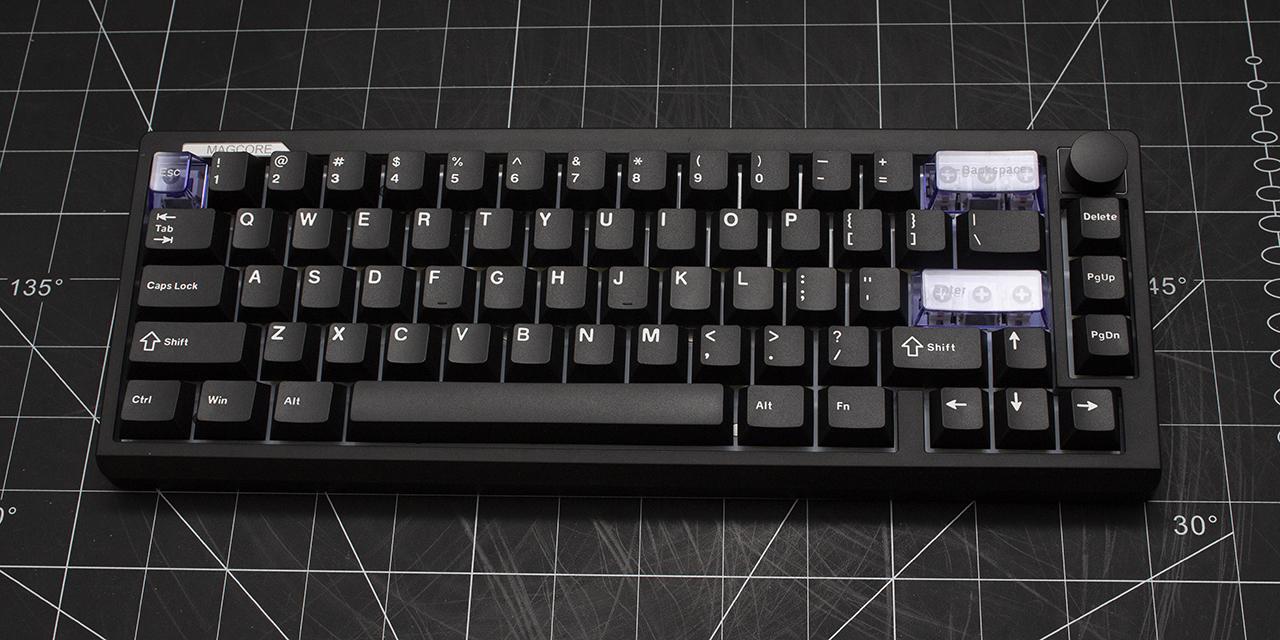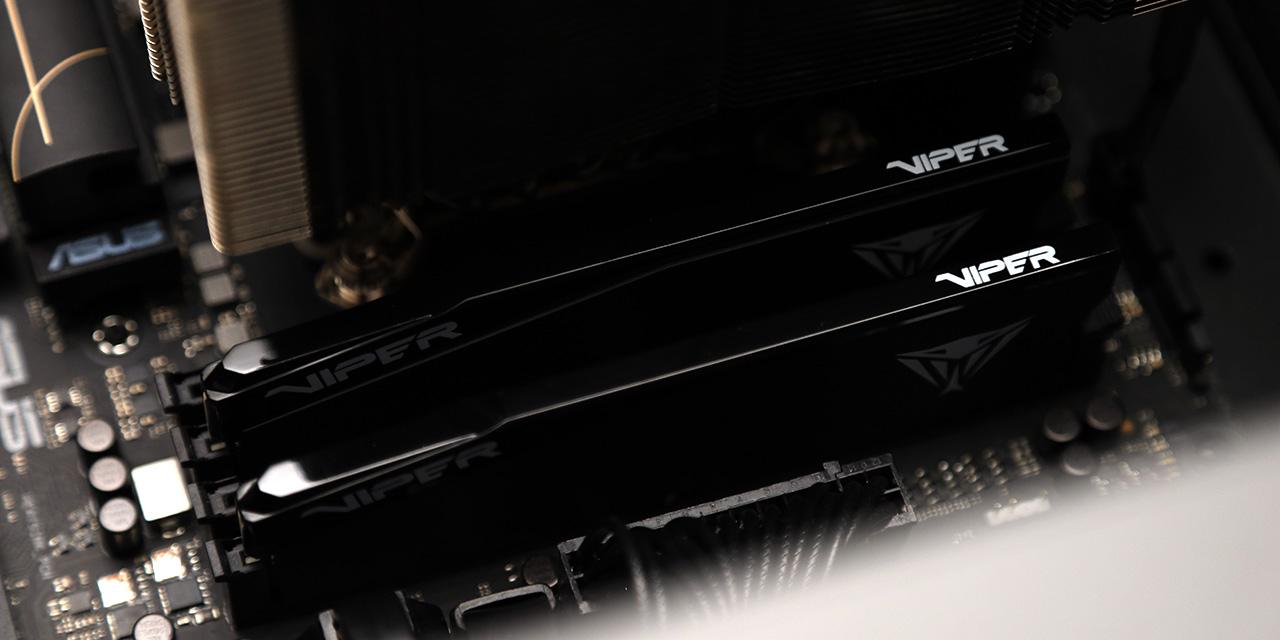|
From DailyTech: DailyTech reported several days ago that SSD manufacturers have been having problems with Samsung's latest generation of 32nm NAND flash. The new chips have slow write speeds, thus making them unsuitable for use in SSDs since that is one of the major advantages that the new drives have over conventional hard drives. We have received a reply from Samsung confirming the issue, stating that "for quality SSDs, every NAND process geometry upgrade requires a matching upgraded controller. Should (Samsung's) 30nm-class NAND be used with a conventional controller of insufficient quality, performance slowdowns are indeed possible". Flash memory stores information in arrays of memory cells made from floating-gate transistors. As these transistors scale to smaller process geometries, it becomes harder for electrons to flow. This sometimes causes errors in writing to memory cells which must be corrected through ECC (Error Correcting Code). ECC is typically handled on the flash controller, which may be overloaded by excessive write errors if it is not sufficiently powerful enough. This is the most likely scenario for what is happening. Companies we spoke with confirmed similar problems with 32nm flash from Toshiba that had been overcome. Intel is using 34nm flash from IMFT that was delayed from mass production for six months, possibly due to a similar problem as well. View: Article @ Source Site |
 |
Samsung Confirms 32nm Flash Problems, Working on New SSD Controller
© Since 2005 APH Networks Inc. All trademarks mentioned are the property of their respective owners.





